What Foods Don’t Freeze Well for Freezer Recipes
When it comes to making freezer meals, you have to be careful with the ingredients you’re using in your recipes. This is one of the reasons why not every recipe works well as a freezer meal. Some ingredients just don’t freeze well!
To save you from having to learn through trial and error, we’re going to share with you the top 9 foods that do not freeze well. We’ve learned this stuff over years of freezer meal cooking and hopefully, it saves you some time!
9 Foods That Don’t Freeze Well
The reason the foods below have made this “don’t freeze” list is that they either have consistency issues after thawing, or they lose flavor or taste bad after the freezing process. We’ve included solutions/alternatives for some of the foods, but a couple of them you should avoid freezing completely.
1. Rice
If you’re going to freeze rice, it must be undercooked, and sometimes it still turns out a little mushy. Our solution for this is that we usually do not cook rice ahead of time. It is easy and quick enough to prepare when mealtime comes.
2. Noodles
This one is contestable. If you’ve been following us for some time you know we LOVE to freeze recipes with pasta in them, like our Creamy Chicken Pesto Pasta, Cheese Stuffed Shells, and Easy Homemade Lasagna, to name a few.
The real problem that comes along with freezing noodles is the chance of your meal being mushy upon reheating. That’s why if you’re going to freeze noodles, make sure to only cook them to al dente (or just before al dente) to ensure they stay edible when you reheat them.
3. Potatoes
Do not freeze raw potatoes, they will turn brown. Instead, use pre-cooked frozen potatoes for meals like Funeral Potatoes and Sausage Hash. Just make sure to undercook your potatoes before freezing to avoid mushiness.
If you do want to freeze raw potatoes, keep them in cold water as you prep (like in our Ham and Scalloped Potatoes freezer meal) and freeze immediately.
4. Cream cheese
Frozen cream cheese will typically lose it’s nice creamy texture and become more crumbly upon thawing, which is why we don’t recommend freezing it. However, if you just scored a great deal on cream cheese and you bought a bit more than you can handle, feel free to throw the extra in the freezer. Just don’t expect to be spreading it on a bagel a month from now!
Instead, reserve your frozen cream cheese for recipes like our crockpot cream cheese chicken or cream cheese fruit dip. Basically, any recipe that uses cream cheese in it – but not as a spread – should work fine with your frozen cream cheese. You just want to make sure that texture change isn’t noticeable!
5. Raw eggs
If you freeze raw eggs while they’re still in their shell, there’s a good chance the inside will expand and crack the shell. This makes the eggs very messy to thaw.
Instead, if you absolutely have to freeze raw eggs, crack them into an ice cube tray or another freezer container for freezing. Then, once frozen, transfer the eggs to a freezer bag for long-term storage. When you’re ready to use them, just thaw them in the fridge.
Tip: If you don’t want the yolk to harden, beat the egg white and yolk together before freezing. Some also say to add salt or sugar to the egg mixture to prevent thickening. You can also freeze egg white or egg yolk separately if you’d like.
Note that even using the method above, the egg texture will change quite a bit. That being said, you can freeze cooked eggs perfectly fine, just as we do in our freezer breakfast burritos and freezer scrambled egg muffins.
6. Full vegetables
Full vegetables can be frozen well, but only if blanched first. Without blanching, the vegetables will continue to age and decay in the freezer, causing mushiness, bad flavor, and loss of nutrients. Blanching will prevent this.
However, I will say that frozen vegetables, even after blanching, can be difficult to work with after thawing. The consistency of the vegetables can change significantly. For example, some veggies may lose their crunchiness.
For more information on freezing specific vegetables, check out these tutorials:
7. Block cheese
Shredded cheese can freeze well, but block cheese just isn’t the same after it’s been frozen. Similarly to cream cheese, once you thaw a frozen block of cheese, it will become crumbly. Don’t expect to have crackers and cheese with it!
That being said, if you’re going to melt or crumble your cheese into a recipe anyway, you should be fine freezing it. The flavor may be affected a bit, but it shouldn’t be too noticeable mixed in with other ingredients.
Tip: If you’re going to stock up and shred a lot of cheese for freezing, we suggest you use your KitchenAid and the shredder attachment to save money and time!
8. Dressings and other condiments
Salad dressings and condiments tend to separate when frozen, so it’s best to buy them when you need them instead of freezing for later. There’s really no good alternative here, unfortunately!
9. Fried foods
With the exception of foods that are meant for the frozen food aisle, fried foods become soggy when thawed. Not much you can do about this one!
Final Thoughts
Hopefully, this list of foods that don’t freeze well saves you from accidentally ruining a perfectly good piece of food! In the end, a lot of this comes down to trial and error, so if there are foods you’re not sure about, freeze a small portion and see how it turns out.
For more help, check out our ultimate food freezing guide, and our other helpful posts below!
Recipes that freeze well:
Psst…want to see more ideas? Check out all of our freezer meal recipes!
Learn more about freezer meal cooking:
- Why you NEED Freezer Meal Cooking in your life!
- How to start doing Freezer Meals (have a party? Start a group? Or do it on your own?)
- 24 Lessons I Learned While Making Freezer Meals
- What Foods Don’t Freeze Well
- Freezer Meal Connected eBook
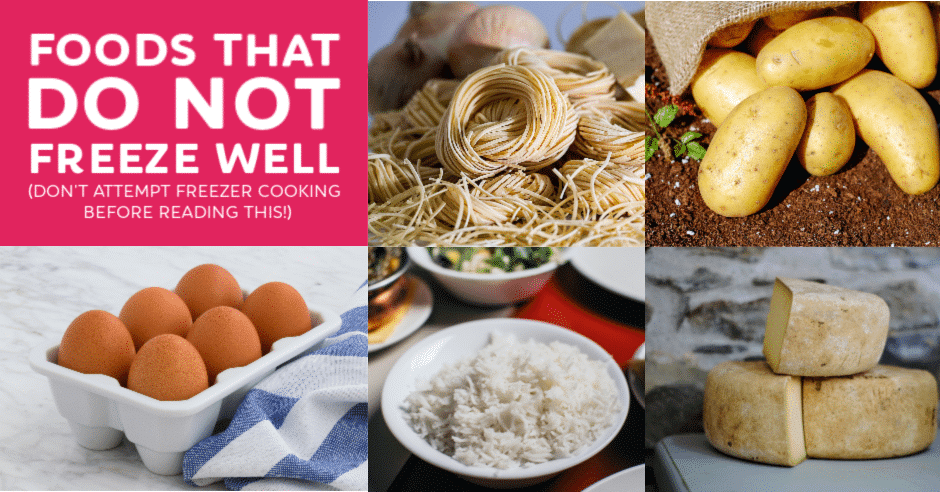
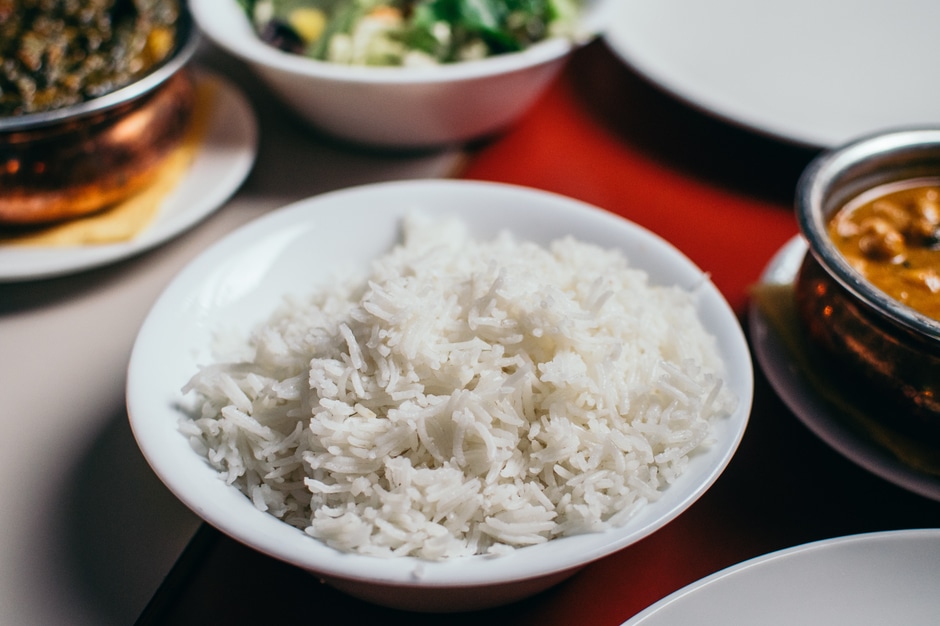
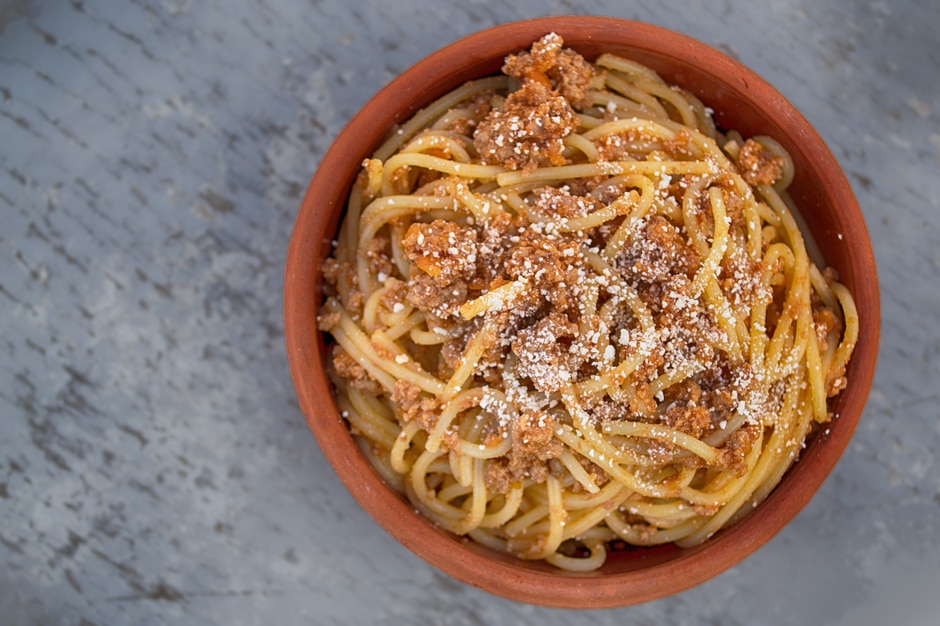
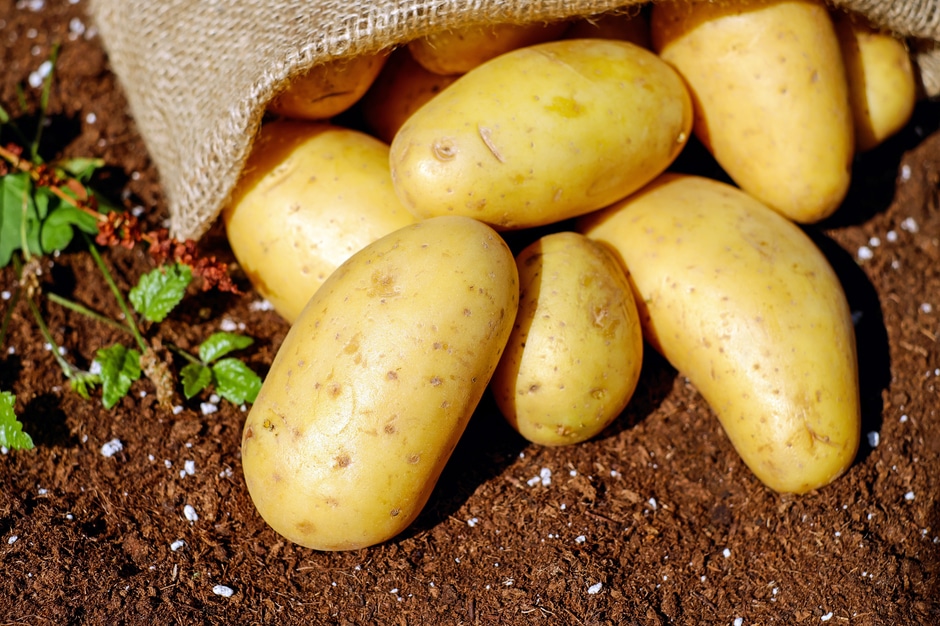
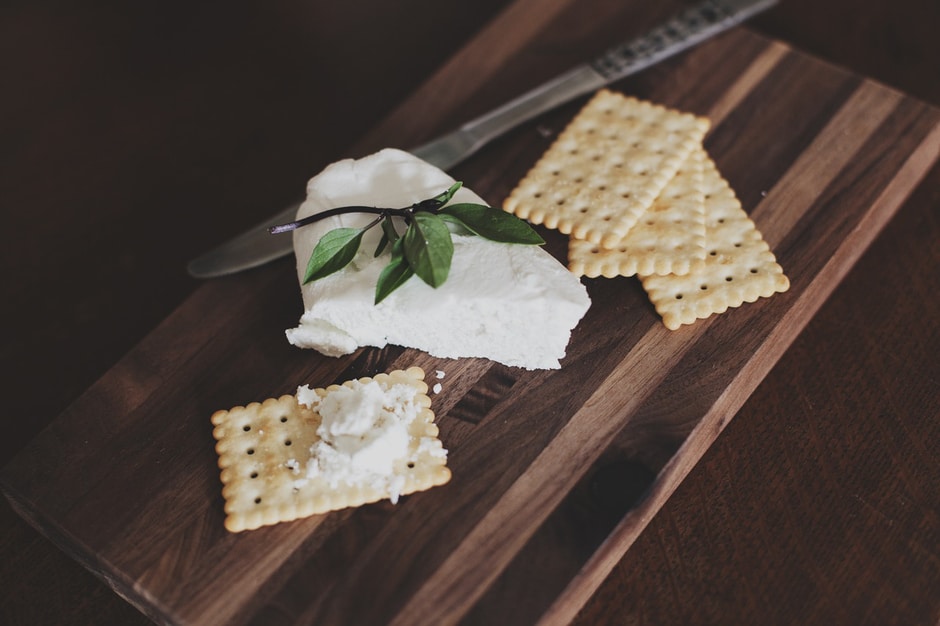
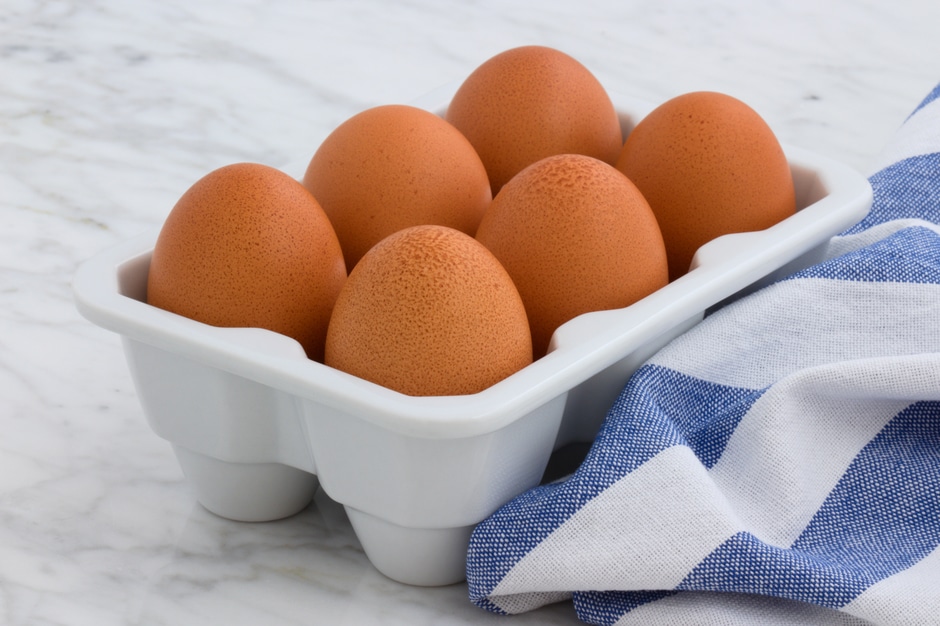
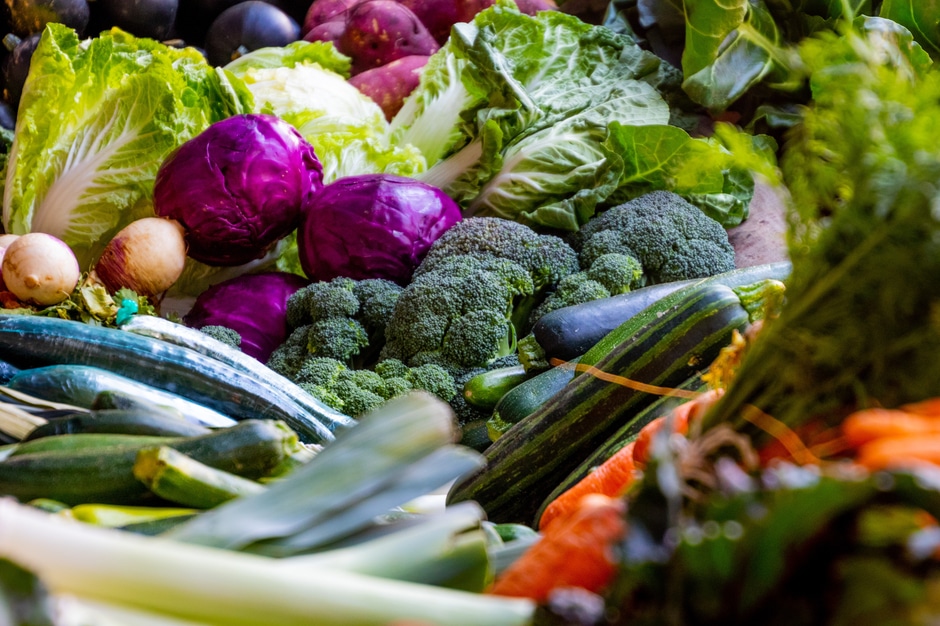
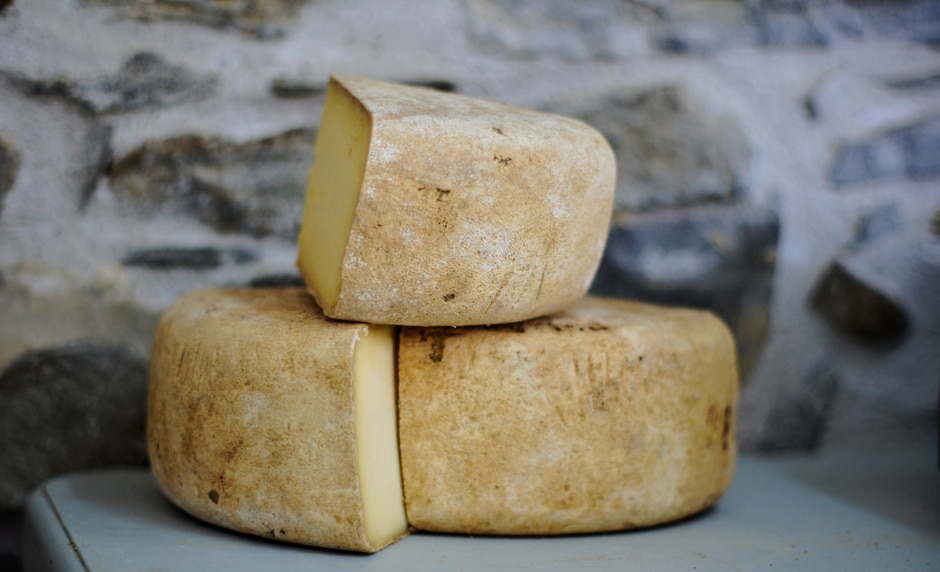
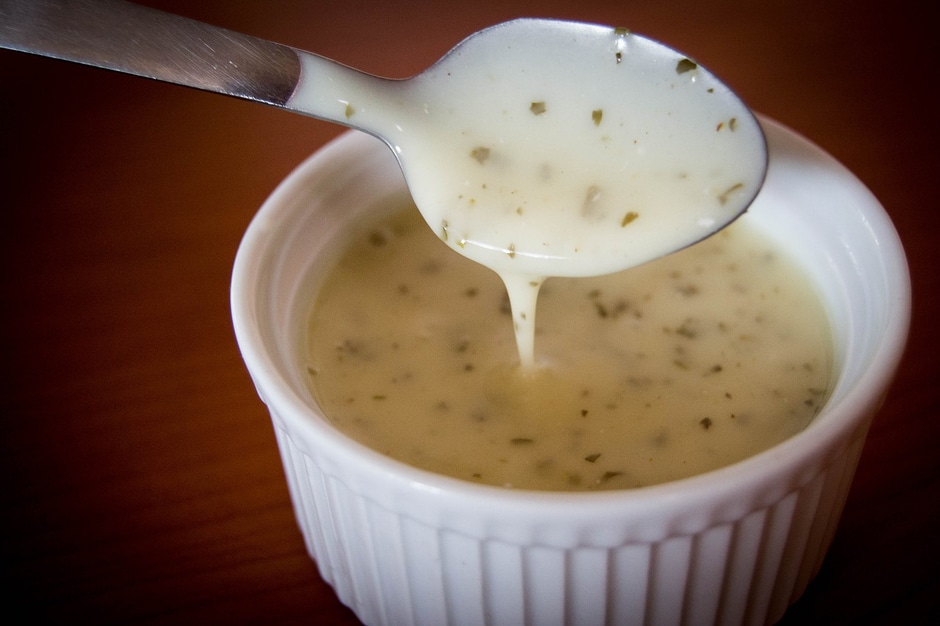
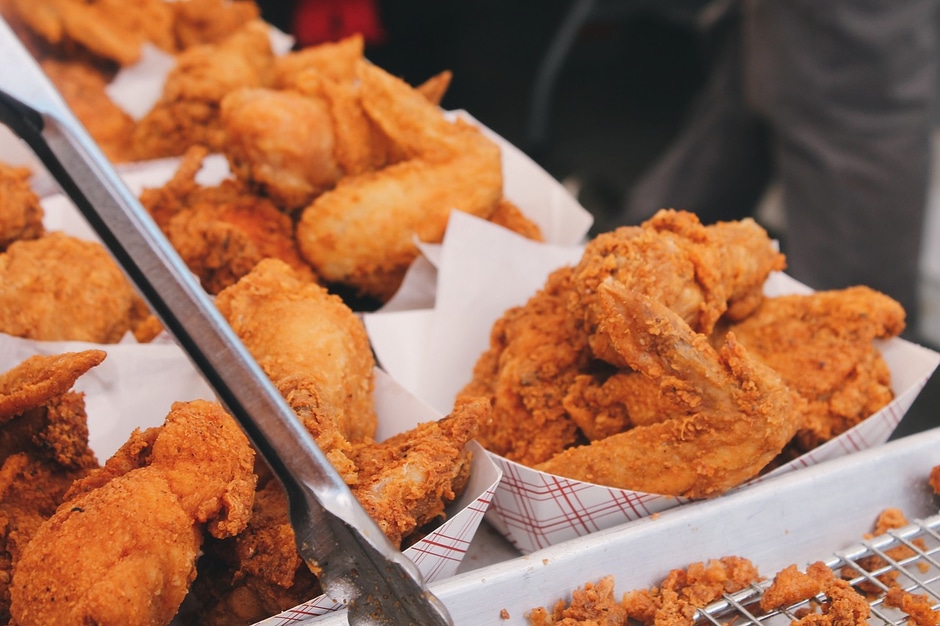
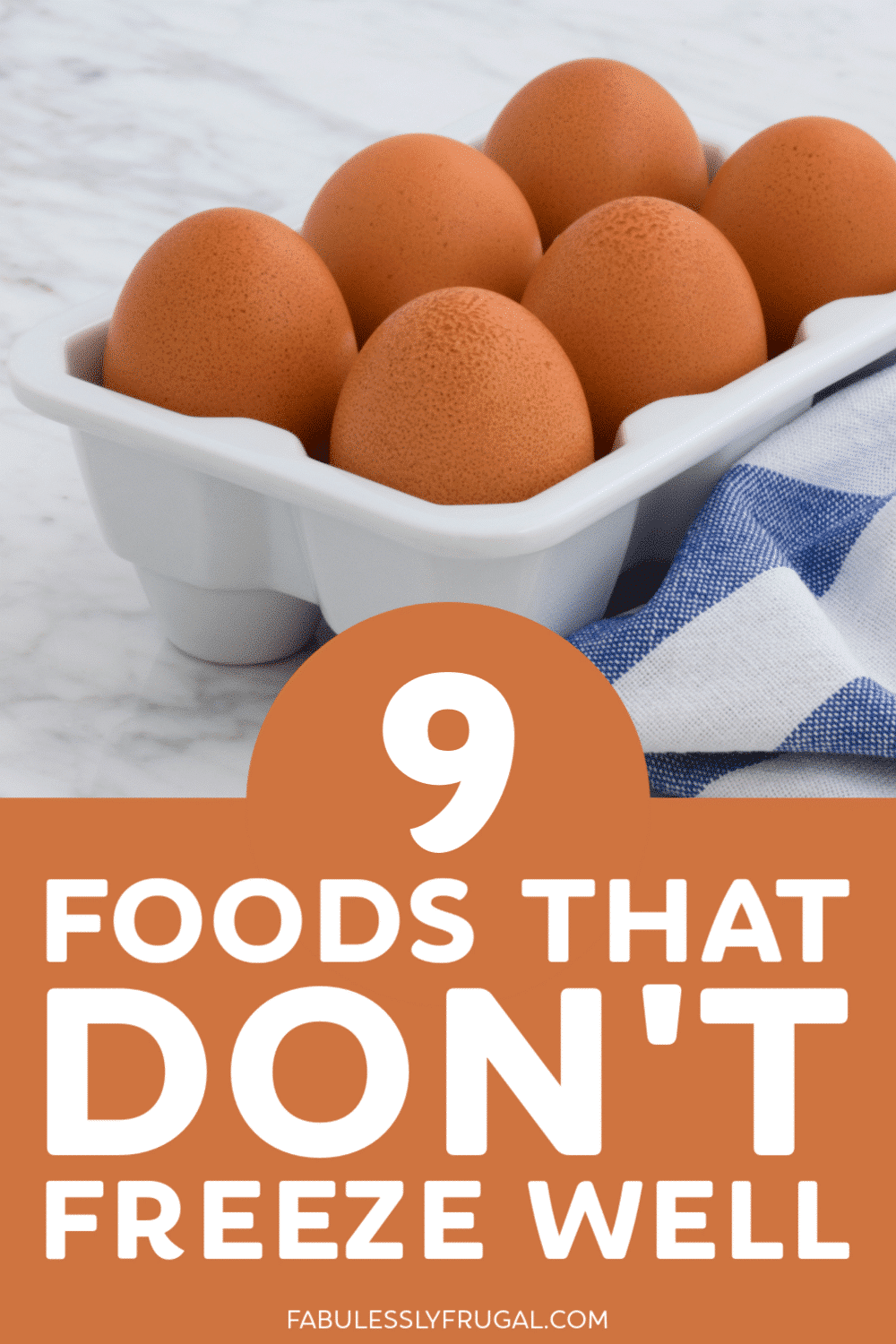
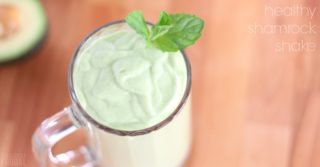
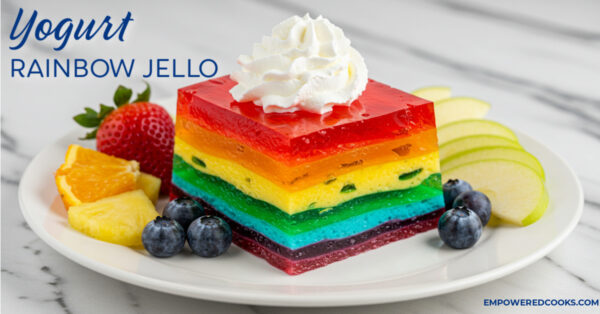
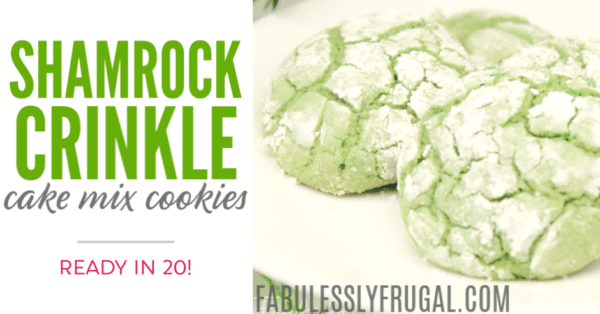
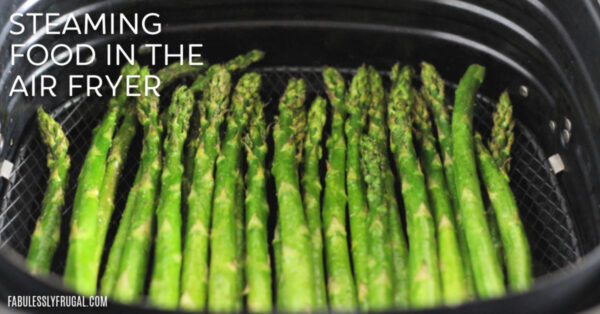


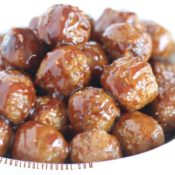

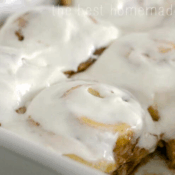
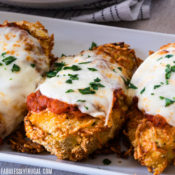






This is pretty handy information that everyone needs to know– I appreciate this since I like a few meals a head of time just to make my rushed days easier